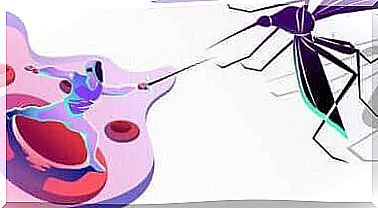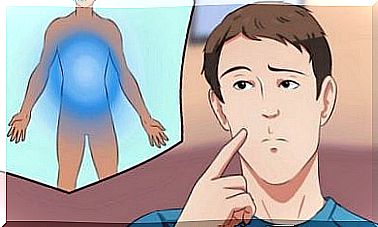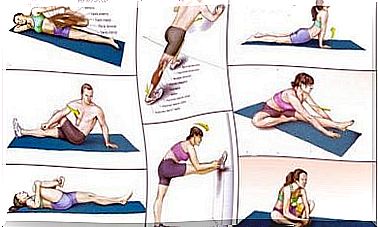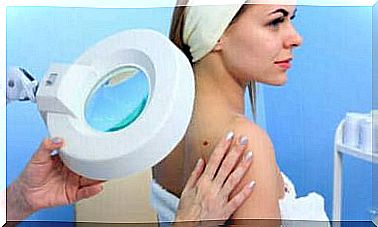Get To Know Six Possible Causes Of Muscle Cramps
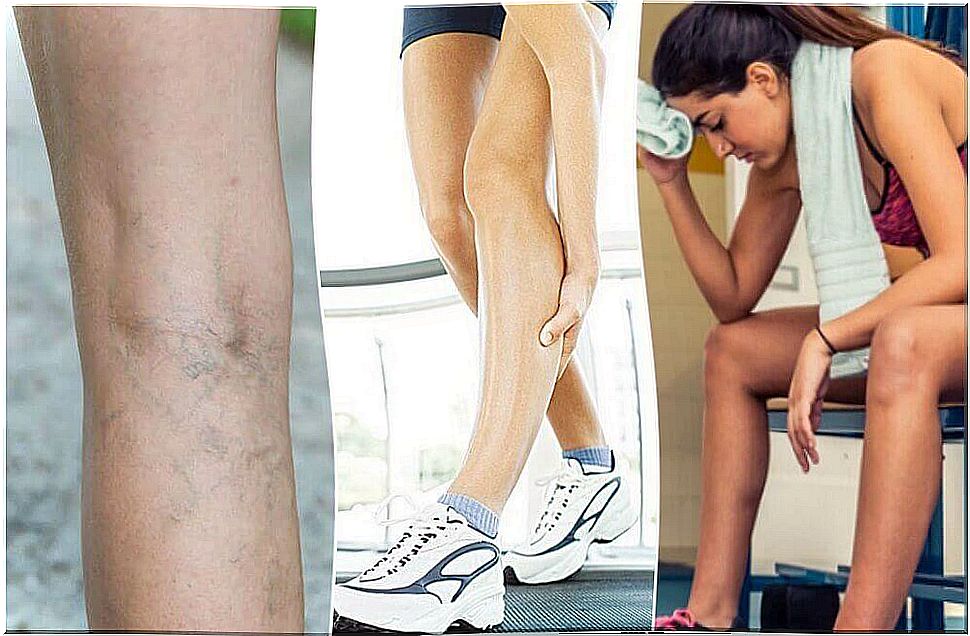
Muscle cramps are involuntary contractions of one or more muscles. The pain can range from very mild to very intense. They usually last several minutes each time. One notable feature is that they stop the muscle from relaxing at that moment. As a result, the muscles are stiff and tense. There are several possible causes of muscle cramps.
Usually they affect the lower half of the body, such as the lower leg or thigh. But sometimes they can also affect the hands, arms and other parts of the body. Muscle cramps are not serious and usually only occur occasionally. But sometimes they can indicate a problem that deserves attention. If you often suffer from them, then you should therefore check whether they have anything to do with the following five possible causes of muscle cramps.
Six possible causes of muscle cramps
1. Poor Blood Circulation
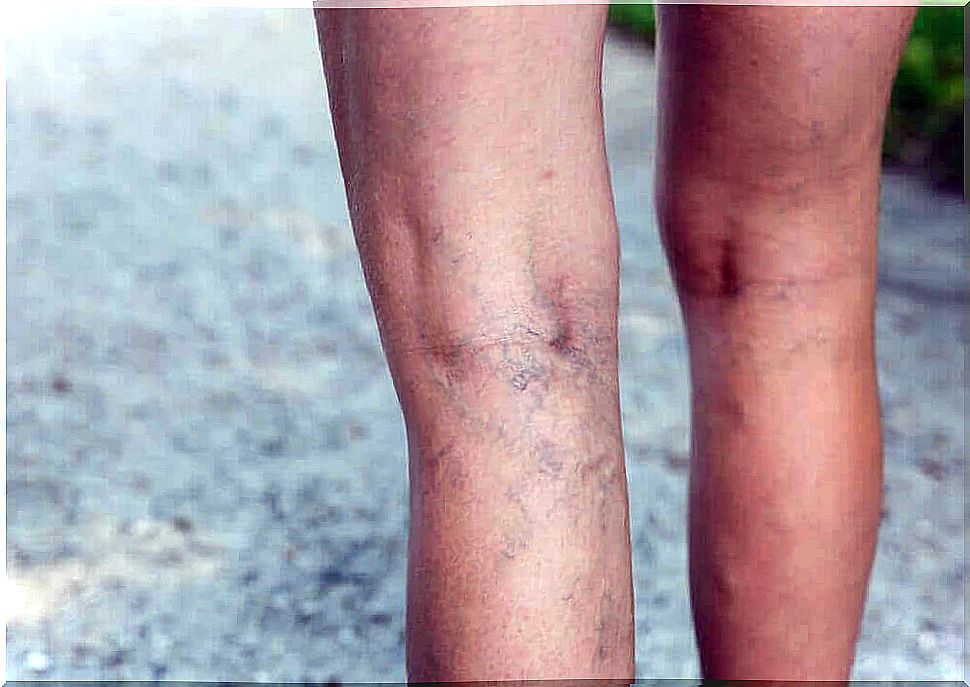
Conditions that impede blood circulation are often a cause of painful muscle cramps. During the day, the muscles depend on good circulation. They must receive the oxygen they need to work properly.
If the blood does not circulate properly, the muscle cells will not process the stimuli properly. The result is that muscle contractions occur. It is important that you determine whether the cramps are caused by poor circulation. If that’s the case, then you need to look for the right treatment.
2. Mineral deficiency
Most people who get frequent cramps are usually deficient in magnesium. But this mineral is not the only possibility. They can also be caused by a low concentration of electrolytes. The cause of this deficiency is unbalanced levels of potassium, calcium and sodium.
This often occurs in athletes and people involved in demanding physical activities. This is because these components are removed through our sweat.
- To counteract this effect, it is important to drink isotonic (sports) drinks. It is especially important that you drink them after training.
- Another ideal way to increase your intake of these minerals is to eat more fruits and vegetables.
3. Dehydration
Cramps or muscle cramps are more likely to occur in countries with a warm climate or during the summer months. But that doesn’t mean the temperature is the cause of the cramps. On the other hand, you lose moisture by sweating. Drinking too little water can also cause these annoying symptoms.
Dehydration makes the nerve endings sensitive. This causes contractions in different muscle groups of the body.
- We suggest that you drink 6 to 8 glasses of water a day as a preventive measure.
- It is also good to drink tea and natural juices. You can also eat fruits that contain a lot of water, such as watermelon.
4. Physical Overload
Excessive physical activity can also cause leg cramps. This can happen in a marathon, in high-intensity training, or in certain types of work. When the muscles are exhausted, the muscle cells become irritated. Then they may not properly process the electrical signals they receive.
- You can prevent this and other injuries. Make sure your training plan is adapted to your physical abilities.
- Also, don’t forget to warm up before starting your workout. It is also important that you do stretching exercises after training.
5. Cold temperatures

When your body is exposed to low temperatures or to a sudden change from hot to cold, your muscles tense. These types of cramps are less common. You can avoid it by taking steps to keep your body temperature stable.
6. Anatomical and Medical Reasons
Cramps are so common that people don’t realize that anatomical or medical reasons can also be the cause. Of course, a specialist must determine this. But you can’t rule it out as a possibility.
These possible causes of muscle cramps include:
- An incorrect position of the legs, hips or trunk.
- Nerve damage.
- Constricted blood vessels.
- Disorders of metabolism such as diabetes, hyperthyroidism or hypoglycemia.
- Neurological disorders such as Parkinson’s disease, a motor disorder of the nerve endings, or muscle diseases (myopathies).
- Varicose veins.
- cirrhosis.
- Side effects of medication.
We’ve all had cramps at one time or another. Often they do not require treatment as they usually disappear quickly. But if they continue to occur, especially at night, you should see a doctor.




